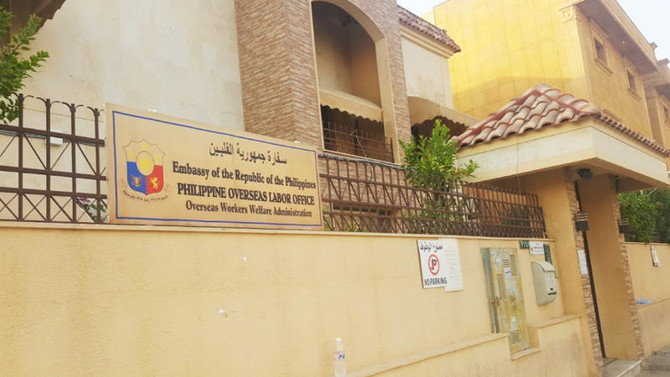Saudi Arabia plans to hire one million Filipino workers in the next two years, according to the Department of Migrant Workers (DMW). The agency’s secretary, Susan Ople, said that Saudi’s hiring program was pushed due to the country’s initiatives to develop its tourism sector. She also said that entrepreneurs in construction, information technology, hotel, and restaurant expressed their desire to hire Filipino workers. DMW officials met with Ahmed bin Sulaiman Alrajhi, the Saudi Human Resources and Social Development Minister in Riyadh, last May 2023.
The Philippines and Saudi Arabia are already crafting a joint special hiring program. Such intergovernmental ventures will manage the hiring and meet the needs and requests of Saudi government and employers. Sec. Ople mentioned that the Kingdom plans to invest in the Philippines. She also disclosed progress on the issue of repaying unpaid claims for OFWs.
Ron P.Salo, the chairman of the Philippine’s house committee on Overseas Workers Affairs, urged the DMW to prepare and implement the special hiring program. “The DMW must work with TESDA and other relevant government agencies to ensure that our workers are equipped with skills and training,” he said.
Under the leadership of Muhammad bin Salman, Saudi Arabia has started its modernization initiatives, particularly in tourism, religious practices, and infrastructure. According to Ahmed Al Khateeb, the Saudi Arabia’s minister for Tourism, the Kingdom plans to pour more than #1 trillion into tourism projects over the next 10 years. The ambitious projects include AlUla (ancient oasis), Qiddiya Entertainment City, Al Baha Valley, Jeddah Old Town and the Red Sea (hotels and resorts). Among the unique projects is Neom or the Line - a 10,000 square Miles City in northwestern Tabuk province. This Saudi focus on tourism projects will open more opportunities for OFWs.
More than 800,000 Filipinos are already working in Saudi Arabia, which remains among the top destinations for OFWs. Reasons for this include the Saudi-based employers' preference for OFWs, and booming opportunities in hospitality, construction, and information technology.

